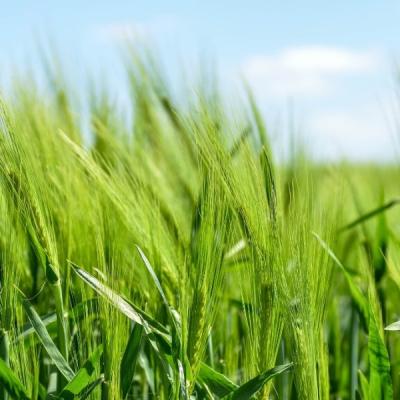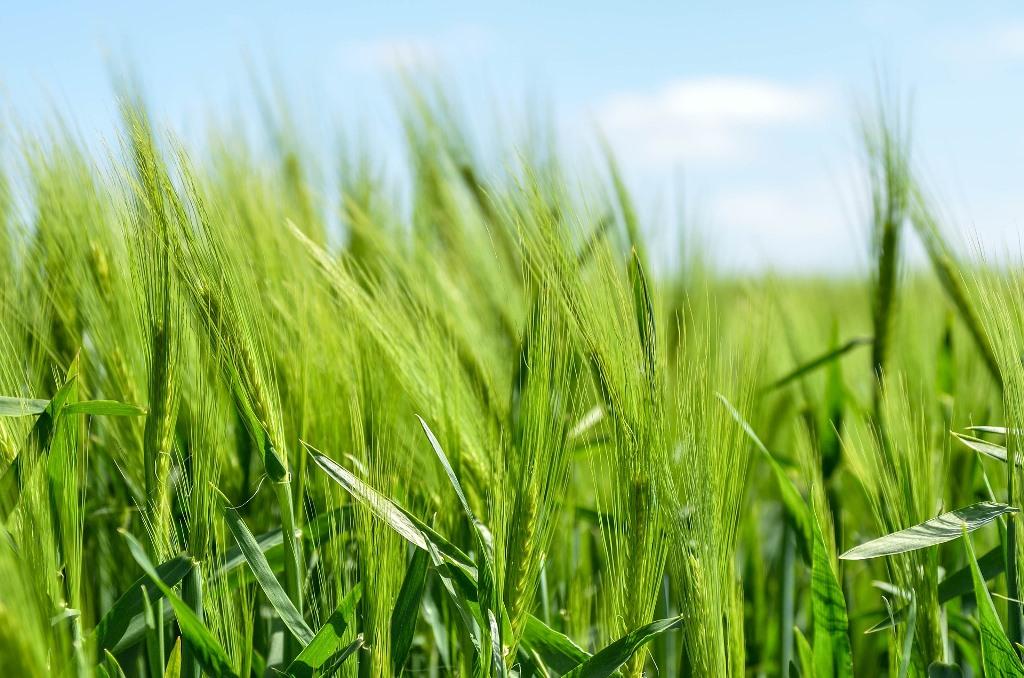As the demand for organic produce grows, more farmers are interested in transitioning to organic. Unfortunately, there are significant costs associated with transitioning to and maintaining organic certifications, particularly for small farmers. Incurred costs for organic farmers include application fees, site inspection costs, user fees, sales assessments, and more. Additionally, the transition to certified-organic typically takes three years, during which time production costs increase for the farmer but the price point expected of their product does not.
In order to combat those costs, the USDA administers the National Organic Certification Cost Share Program (NOCCSP). In the past, state departments of agriculture administered the NOCCSP and other cost share programs, limiting the opportunities and locations at which farmers could apply to receive assistance. Enabling organic producers to apply for cost share programs at their local FSA offices (of which there are more than 2,100 nationwide) encourages increased participation in the programs.
According to the news release, FSA administrator Val Dolcini says, “USDA is committed to helping the organic sector grow and thrive through a wide variety of programs, and part of the commitment is making it easy for stakeholders to access our services.” In addition to the cost share programs, Dolcini says these changes will help farmers take advantage of other USDA resources, such as farm loans and conservation assistance.
Under the cost share program, up to 75% of certification costs can be reimbursed. More information regarding the cost share programs can be found here, including a link with information on specific state guidelines. The USDA encourages all farmers to take full advantage of the opportunities it provides, and, if used, these cost share programs could play an important role in transitioning more farms to organic.
In order to combat those costs, the USDA administers the National Organic Certification Cost Share Program (NOCCSP). In the past, state departments of agriculture administered the NOCCSP and other cost share programs, limiting the opportunities and locations at which farmers could apply to receive assistance. Enabling organic producers to apply for cost share programs at their local FSA offices (of which there are more than 2,100 nationwide) encourages increased participation in the programs.
According to the news release, FSA administrator Val Dolcini says, “USDA is committed to helping the organic sector grow and thrive through a wide variety of programs, and part of the commitment is making it easy for stakeholders to access our services.” In addition to the cost share programs, Dolcini says these changes will help farmers take advantage of other USDA resources, such as farm loans and conservation assistance.
Under the cost share program, up to 75% of certification costs can be reimbursed. More information regarding the cost share programs can be found here, including a link with information on specific state guidelines. The USDA encourages all farmers to take full advantage of the opportunities it provides, and, if used, these cost share programs could play an important role in transitioning more farms to organic.






